[dropcap]Whether [/dropcap]you like it or not, or even believe it, the second a true medical emergency comes into your life you become even more of a stranger in a strange land. Your flow of life is interrupted, and unless you have taken the time to prepare in advance, which few of us do, you are pretty much at the whim and fancy of whatever experts and facilities are available to you at the time. You are also totally dependent on non-expert opinions and actions to get you to the people or places that will do you the most good.
This is the nature of emergencies. The direction that medicine is taking in the developed world is to consolidate help into (largely) impersonal systems that provide hi-tech intervention. The experience of the majority of mankind has largely been that care is provided on a local, personal basis. Accept the fact that Ecuador’s system of healthcare lies somewhere in between.
When you’re faced with a life and death emergency, your local system holds the key to your future well-being. Your ability to navigate, or be piloted through this system, determines how well you fare.
If you are living in Ecuador and still think the system is well-prepared to iron out the rough edges in your critical treatment and recovery – in a manner in which you are familiar — it’s time to think again. While its natural to not think about emergencies until they happen, and if you’re a typical “Norteamericano” who has depended on such a system for your healthcare, you are the one who must adapt; especially if you don’t speak the language.
I’m going to offer you some guidelines that will help prepare you to compensate for your illiteracy. Yes, most expats are illiterate in their host country and it’s a reality that must be faced, especially in medical matters. If you take this seriously and prepare for an emergency, you will also be in a better position to negotiate through the medical system as a whole; you will be armed with what I consider basic survival skills. So let’s begin.
Unless you are fluent in Spanish, familiar with Spanish medical terms and equivalents, and – don’t forget — how the medical system works here, it is imperative you and your loved ones are prepared to have a Translator on hand to help when negotiating through an emergency. Speaking English has not been embraced by Ecuadorians to the extent that there is always someone available to step in and help you. You need to fill that gap.
On an economic level, this is one of the medical costs no one talks about, but it’s one you should be prepared to pay. The cost of such services is inversely proportional to the amount of preparation that you take in advance. Unfortunately, when the chips are really down, lack of preparation means a critical loss of minutes or even seconds that could make the difference between a smooth transition and a tortuous recovery or even death.
Let’s face it; if you’re reading this you are most likely around retirement age. This medical system is NOT built to handle your needs; ESPECIALLY if your physical well-being is under the control of medications and other procedures that are common in a place where an aged population is the norm. This is not the norm here. Please see my previous article “Getting to know Ecuador’s emergency medical services” for a further explanation.
So its imperative that you get this embedded in the reality of living in a foreign land; you absolutely cannot count on the system to have a Translator available at the convenience of your emergency! However you can start being prepared. Read on to discover some practical steps you can take.
[color-box color=”gray”]STEP #1: Locate a skilled and experienced Medical Translator in your area, preferably, someone with whom you can sit down and have a chat.
Ecuador thrives on relationships. Especially if you have the potential for a medical emergency (and in this I would include such things as diabetes) it pays to have someone you trust who can advocate for you. What better way than to start with “making yourself real” to the person who will speak for you? But it can’t stop there.[/color-box]
STEP #2: Take an inventory
An emergency is NOT the time to gather information about your medical history, needs and desires and then translate it!
Expecting a Translator to walk into an emergency room, without having any information to work with, in an attempt to help guide the medical staff on your behalf, adds an unnecessary burden to the flow of your care. It also burns out Translators!
First, you need to become familiar with every aspect of your own medical needs. This means becoming knowledgeable in things that you once allowed your doctor to manage for you. When was the last time you sat down and laid out your own medical history for yourself? Do you know how you got to where you are physically? How about enumerating your vulnerabilities to various medications, for example? Now is a good time to lay it out in writing and make it easy to follow; for yourself.
Next, write out and organize your situation, first in English (or your native language) for someone else to communicate for you. For me, when I know I’m writing for someone else it comes through a little bit more clearly and easily than when I’m just taking notes for myself. Don’t worry about the translating now. Once you’ve written out the details, it’s time to put them in order. I’m going to present you with a broad outline of essential elements to get you through a crisis.
[color-box color=”gray”]STEP #3: Start with a Cover Page.
You should carry something like this at all time in an easy to find location on your person. Title it EMERGENCY INFORMATION! (¡Informacion Emergencia!)
The upper part of it should be devoted to all your identifying information: name, date of birth, address, phone, height, weight and other identifying characteristics, followed by Social Security number, Cedula number, Insurance carrier and number. Make a column for people to be notified, including next of kin, who to identify in an emergency locally, even who is to get your pets.
The lower half should be clearly labelled something like MEDICAL ALERTS (¡Alerta Medica!).
Start by identifying your local doctors with their phone numbers. Next, hospitals or clinics of choice. If they are specially equipped to handle an aspect of your medical condition, note it in BOLD.
Next you need to state – clearly and succinctly –any information the medical staff needs to know to save your life or keep you alive.
This includes: Pertinent critical history like heart attacks, strokes or prior organ removals; allergies and their treatments; critical drug dependencies and interactions, and; physical disabilities or sensitivities or unique characteristics so the staff will not misinterpret signs and symptom. For example, I have an unusual resting pulse of 48 which, in some institutions would be quickly treated with powerful drugs. If you have a heart arrhythmia, identify it.[/color-box]
STEP #4: Build a folder with your detailed medical history, organized on a “most important info to know” basis.
Here is a link to a system I once worked for as a paramedic that has Forms for your reference, in both English and Spanish: http://www.buelltonmedicalcenter.com/forms My recommendation, however, is that your Translator chooses the best way to present your info to the system.
[color-box color=”gray”]STEP #5: Fill out your form and then get it translated as soon as you can; that will give ANY Translator something to work with. But remember, the name of this game, especially if you have complex medical issues, is to begin to develop a relationship with a particular Translator. Here are some things to consider:
- If your history is relatively simple, anyone with translation experience, and a good medical dictionary, can transfer the information on to the Spanish version of your Medical History (HISTORIAL MEDICO) forms. Whoever is available to Translate for you can begin with using this.
- Your first choice, however, would be to have someone with experience to first review the data you present and then question you about details so they can clearly communicate with healthcare practitioners, and finally, put that info into a format in Spanish that will get used in the local system. For example, if the system is equipped to handle it; place the info on a Thumb Drive.
- When you find a good Translator to connect with, propose to your friends and neighbours that they have forms in Spanish filled out as well, then you may be able to negotiate a group discount. This will also be the beginning of a Network of folks who can help out when the chips are down.
- Make multiple copies. Odds are, if you present your History to a Hospital, you won’t get it back, that’s how things are done here. Distribute copies of your Cover Sheet to whomever you may have to call on to help you through an emergency, or keep a few on hand.
- If your with a group of folks, decide on a common location in your homes to keep that information easily available; on top of the refrigerator, for example.
- Understand that when you contract a Translator to accompany you, you will be responsible for all Translator expenses. Plan on paying the hourly rate even if that time is not spent translating; time is time! Transportation time costs along with meals and lodging, if necessary, will need to be covered.
- It is not uncommon here for the need of a “runner”; someone who can retrieve and pay for necessary items for your care, up to and including such things as blood, medications, operative materials, blankets and even food and water depending on where you end up. Remember, emergencies don’t wait for you to get to a secure, familiar environment before they happen. Be willing to pay someone else to do these things rather than having to pay a Translator a higher rate to handle simple tasks; keep them available to do what they do best…speak for you. [/color-box]
How has your experience been using the healthcare system in Ecuador? Feel free to leave your comments or useful tips for navigating the healthcare system in Ecuador in the comment section below.







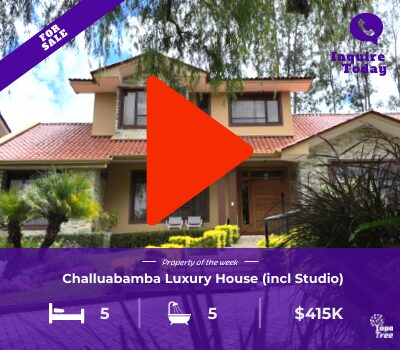



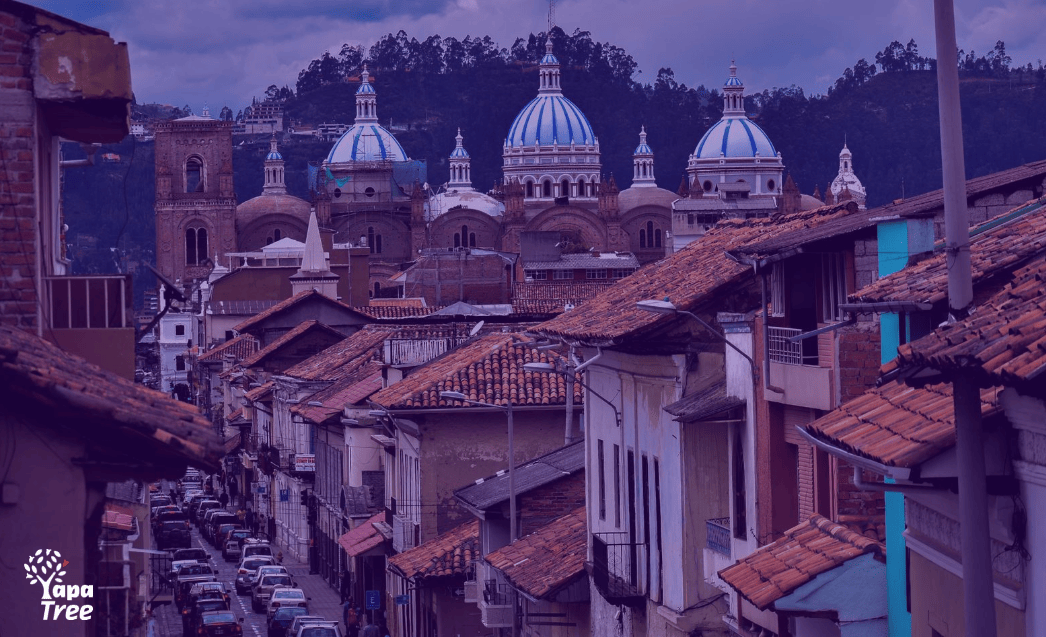
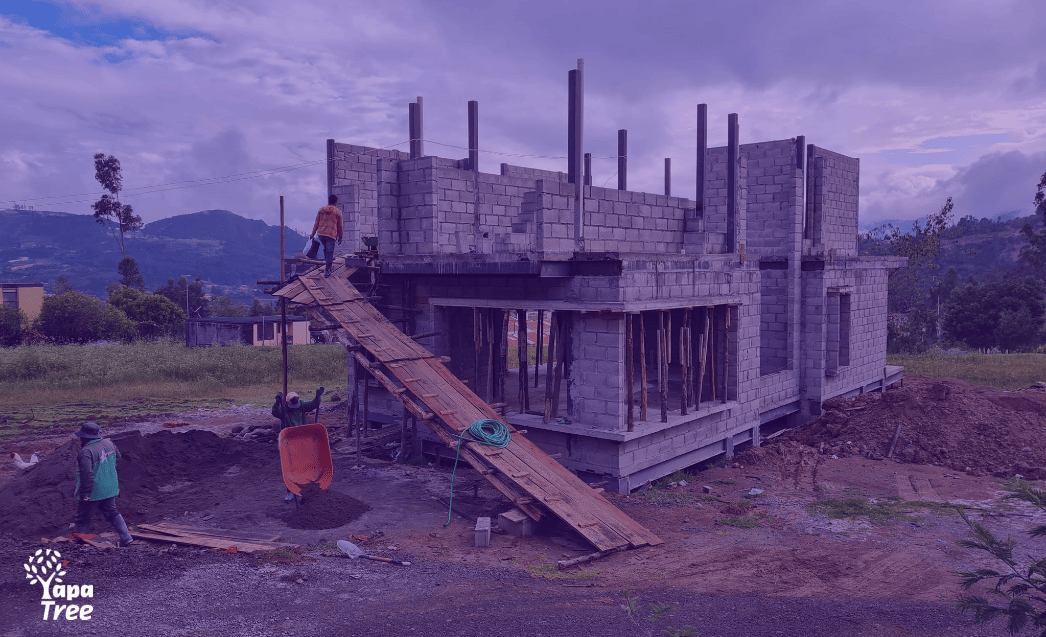

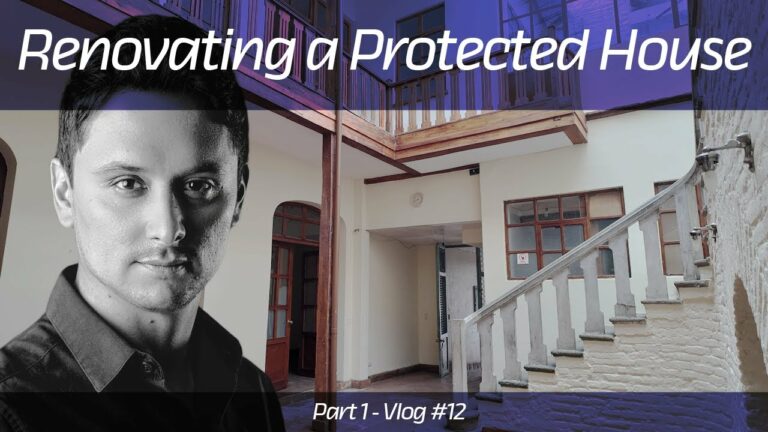
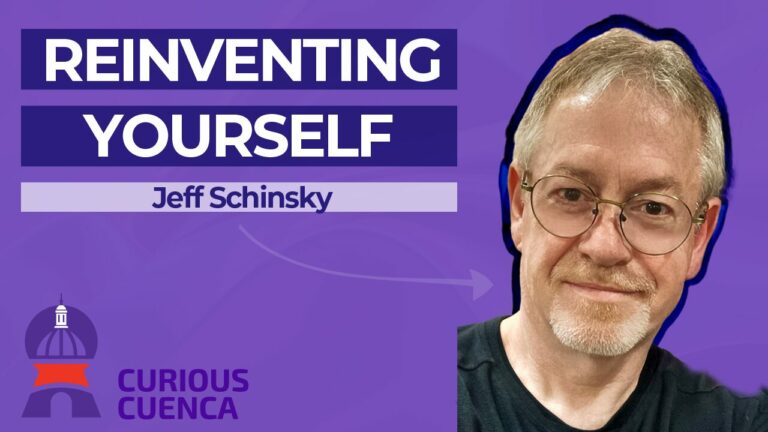
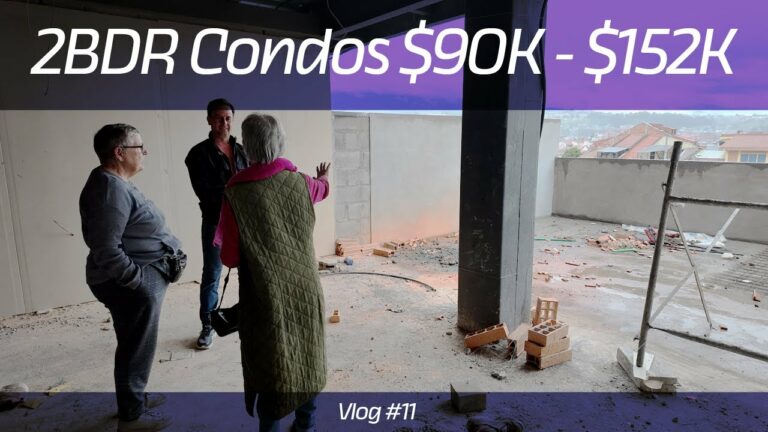

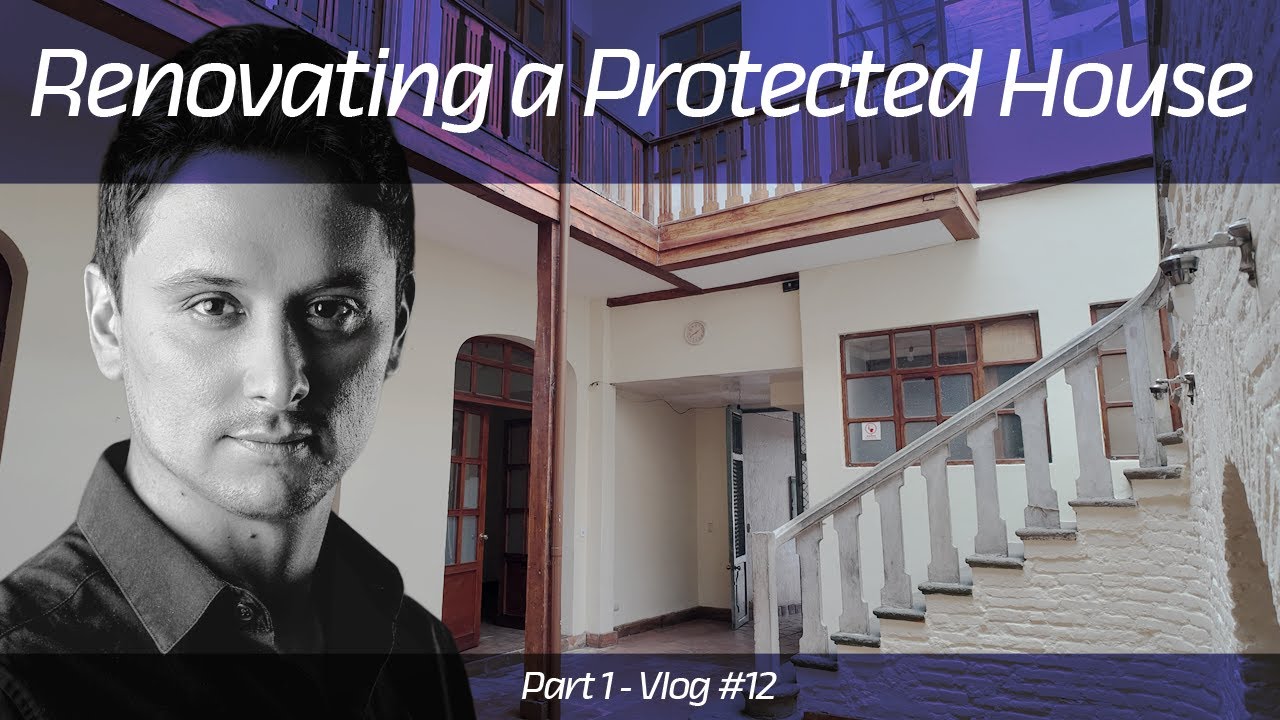
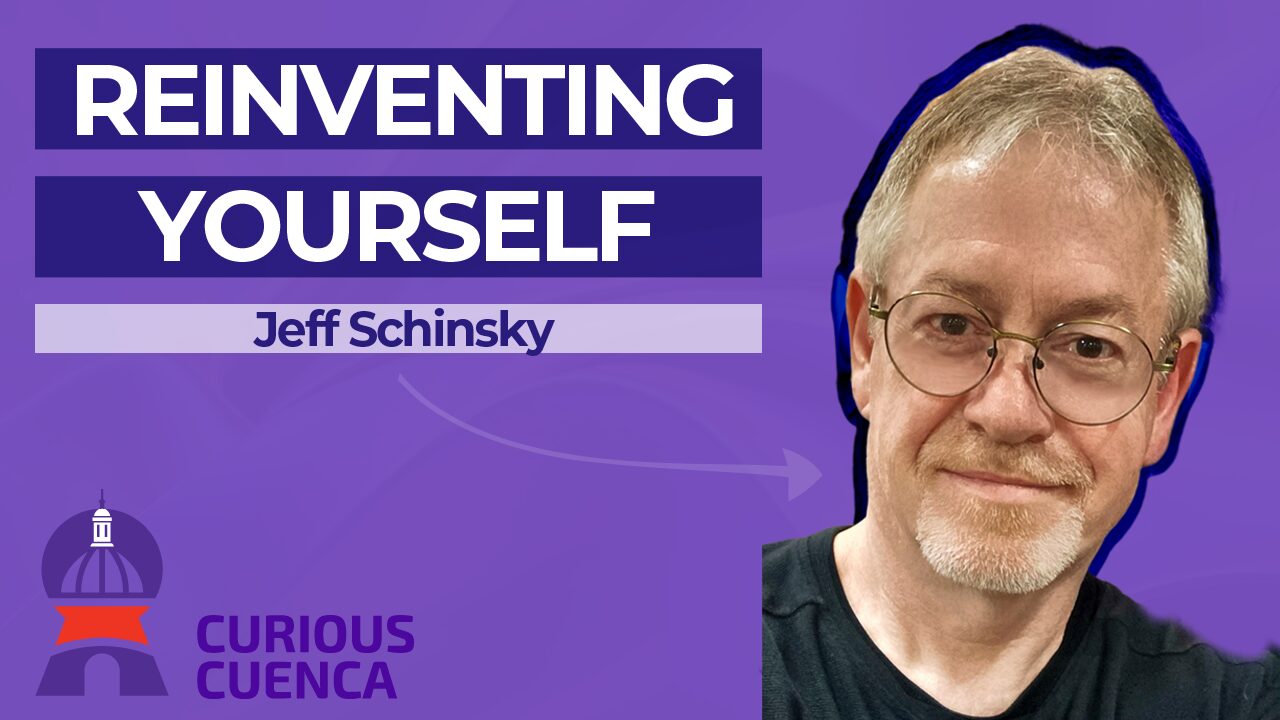
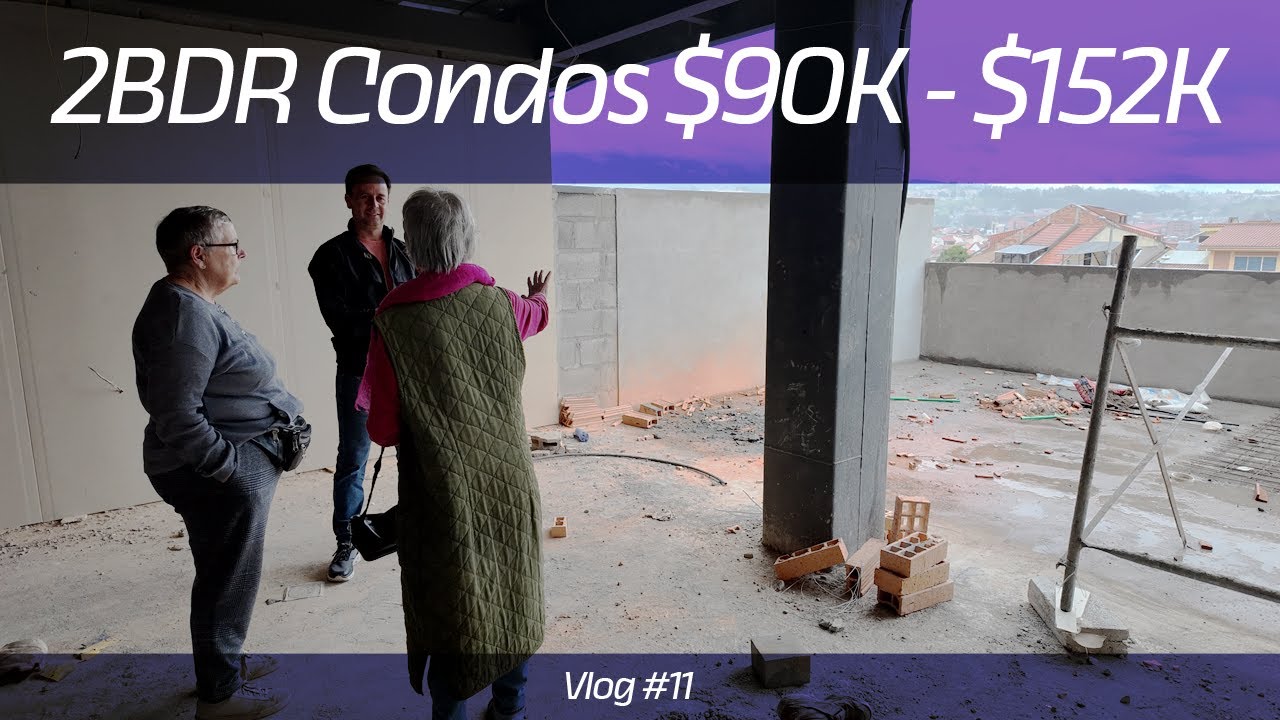
3 Responses
This is really good information and something I hadn’t really thought about. Thank you for sharing!!
i would like be in contact with some English spekers living at Cuenca and other places an Ecuador and we can do languages exchanges by Unternet In Skype I am americamary. I will be at Ecuador very soon and will have a lot ot free time …. We can teachach very well each other I hope some commentas…My e mail is [email protected] I would like to open a reading CLUB at Cuenca and to incentive the language exchange…. Best regards… Maria (sKYPE: americamary )
Now in our fast forward lifestyle we always need to ensure that we can get emergency medical services whenever you need it. if we maintain some kind of guideline about it we will always being helped by those emergency medical services. We are always looking for someone who deliver prompt personalized care ranging from minor emergencies to trauma.